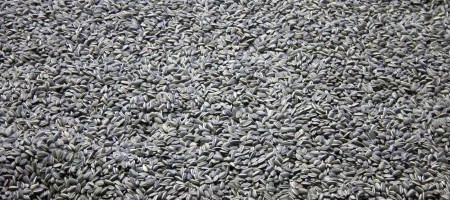Editors’ Note:
Below are links to several pieces about the effects of social media on open access scholarship. Also included is a bibliography focused on the impact of open access scholarship.
Trevor Owens, Finding Scholarship and Scholarship Finding Us
- “Now aside from the fact that more downloads = more people seeing your paper I think Melissa’s example is all the more important because of the kind of diffuse way those people came to find her work.” Read Full Post Here.
Melissa Terras, What happens when you tweet an Open Access Paper
- “Prior to me blogging and tweeting about the paper, it got downloaded twice (not by me). The day I tweeted and blogged it, it immediately got 140 downloads. This was on a friday: on the saturday and sunday it got downloaded, but by fewer people – on monday it was retweeted and it got a further 140 or so downloads. I have no idea what happened on the 24th October – someone must have linked to it? Posted it on a blog? Then there were a further 80 downloads. Then the traditional long tail, then it all goes quiet.” Read Full Post Here.
Melissa Terras, On thumb twiddling
- “I’m currently waiting on over ten papers to go “live” in our institutional repository, since I have uploaded them. I’ve been waiting on them to go live for a month. I have no idea how the process works. I submit papers: I wait. I get no email to indicate progress. Sometimes the person (and it is a person, they make a note on the record) deletes the file, with no reason given. I upload it again. It gets deleted. I send emails. They are ignored. I send more emails. They get replies from an email address that doesnt give the person’s name, just the “institutional repository”. I reply to those emails. They are ignored.” Read Full Post Here.
- “The question before today’s panel is “Can social media help broaden the audience for academic work?” I’m going to talk about a more specific version of this question, namely, “Can Twitter and Facebook help earn more readers for peer-reviewed articles?” The answer is “Yes, but those readers will not pay to read peer-reviewed articles.”” Read Full Post Here.
Adam Crymble, Do People Want Open Access to Research?
- In an experiment earlier this week I decided to post my recent article about Social Media use by Archives and Archivists (see my previous entry) and made a quick announcement on Twitter. The response was far greater than I expected, with over 700 people in just a few days taking the time to visit and read the abstract or access the PDF and I received messages from several archivists thanking me for sharing the article. Read Full Post Here.
The Open Citation Project, The effect of open access and downloads (‘hits’) on citation impact: a bibliography of studies
- Despite significant growth in the number of research papers available through open access, principally through author self-archiving in institutional archives, it is estimated that only c. 20% of the number of papers published annually are open access. Recent studies have begun to show that open access increases impact. This chronological bibliography is intended to describe progress in reporting these studies; it also lists the Web tools available to measure impact. It is a focused bibliography, on the relationship between impact and access. View Bibliography Here.

